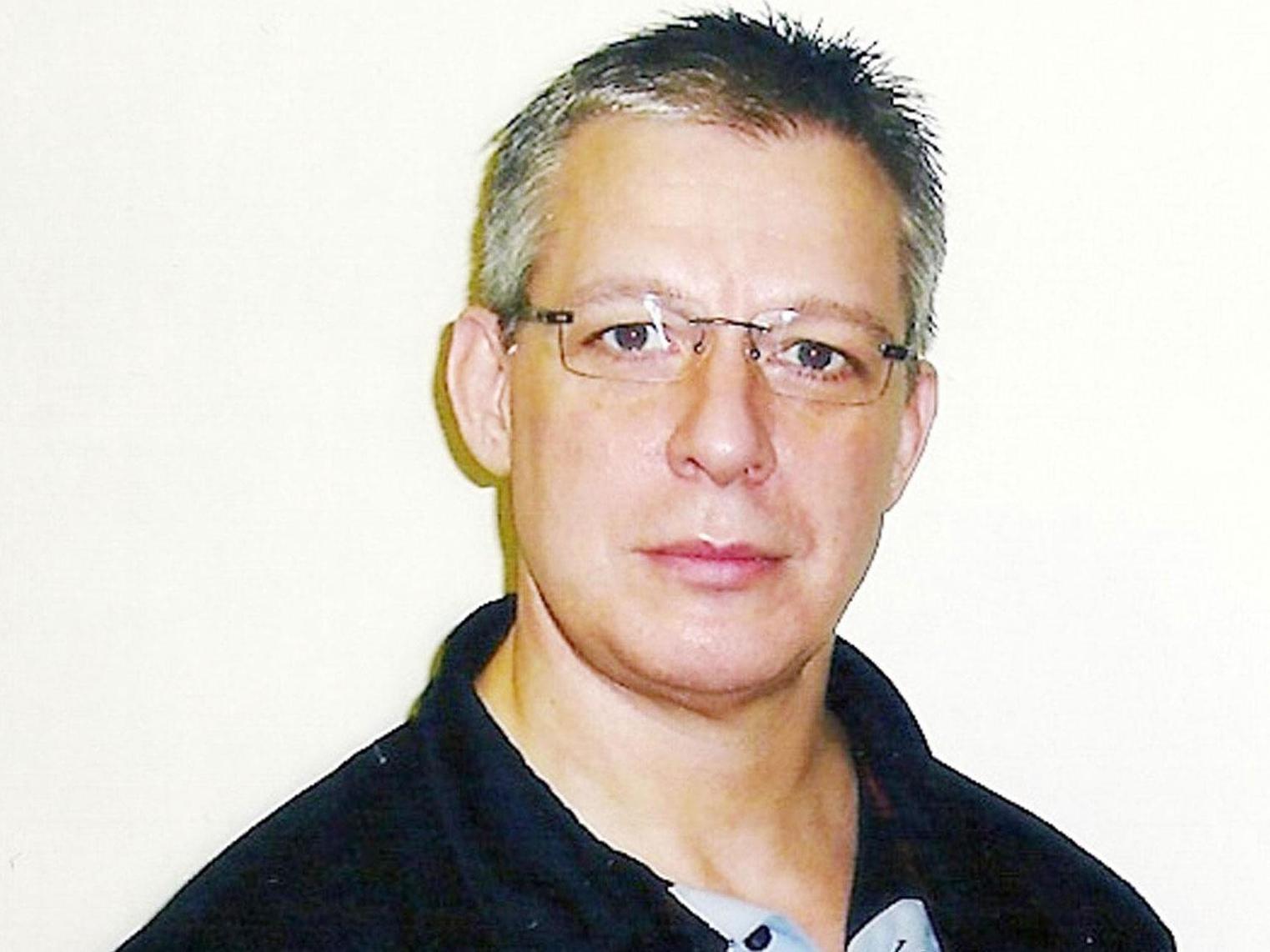White House Farm murderer Jeremy Bamber loses bid to leave maximum security prison
Killer to be kept in category A conditions amid continued protestations of innocence

A mass murderer who killed five members of his family, including two children, has lost in his attempt to be moved to lower-security prison conditions.
Jeremy Bamber is serving a whole-life sentence for murdering his adoptive parents, his sister and her two six-year-old children at White House Farm in Essex in 1985.
He launched a legal challenge against a refusal by the prison service to downgrade him from maximum security conditions.
In March, a senior official decided not to move Bamber out of category A, which is for the most dangerous prisoners.
He also refused an oral hearing over the issue, which Bamber’s lawyers argued was “unreasonable”.
They asked Mr Justice Julian Knowles to grant permission for a full hearing of Bamber's challenge.
Bamber's barrister, Matthew Stanbury, had said an independent psychologist's report concluded that he had met the criteria for downgrading a category A prisoner and that these conditions were “no longer necessary” to manage him.
He argued the decision not to downgrade Bamber from category A was “unreasonable” because it “substantially misrepresented” the opinion given by the independent psychologist.
He also said that “fairness required an oral hearing” over whether Bamber should be downgraded, because he has served 35 years without one.
Mr Stanbury added: “The passage of time means that a risk assessment is more difficult without a face-to-face assessment.”
In a ruling delivered on Friday, Mr Justice Knowles agreed that the director was wrong to say the psychologist “had concluded that an assessment of risk was ‘impossible’”.
But the judge added: “When the director's decision is read as a whole, it is plain that he had the right question in mind and that the reasons he gave for refusing to recategorise the claimant were ones which were reasonably open to him on the evidence.”
He said he was “entirely satisfied” that Bamber had had “a fair opportunity to present his case on why he ought to be recategorised, even without an oral hearing”.
The 59-year-old has always claimed to be innocent and maintained that his sister Sheila Caffell, who suffered from schizophrenia, shot her family before turning the gun on herself.
Investigators initially believed that scenario but Bamber’s former girlfriend later told police he had implicated himself, and prosecutors argued that he tried to frame his sister by placing the gun he used in her hands.
Bamber was found guilty of killing Caffell, along with her six-year-old twins, Daniel and Nicholas, and his adoptive parents, Nevill and June.
The case, which was recently dramatised on television, became notorious as Bamber continued to protest his innocence and launch new challenges.
Bamber was convicted by a majority verdict, which was upheld by the Court of Appeal in 2002.
His lawyers have made several unsuccessful applications to the Criminal Cases Review Commission (CCRC) relating to evidence that led to his conviction, including a contested call from his father.
Bamber is in the process of pursuing a fresh application for the CCRC to open an investigation, which the Ministry of Justice opposes.
Additional reporting by PA



